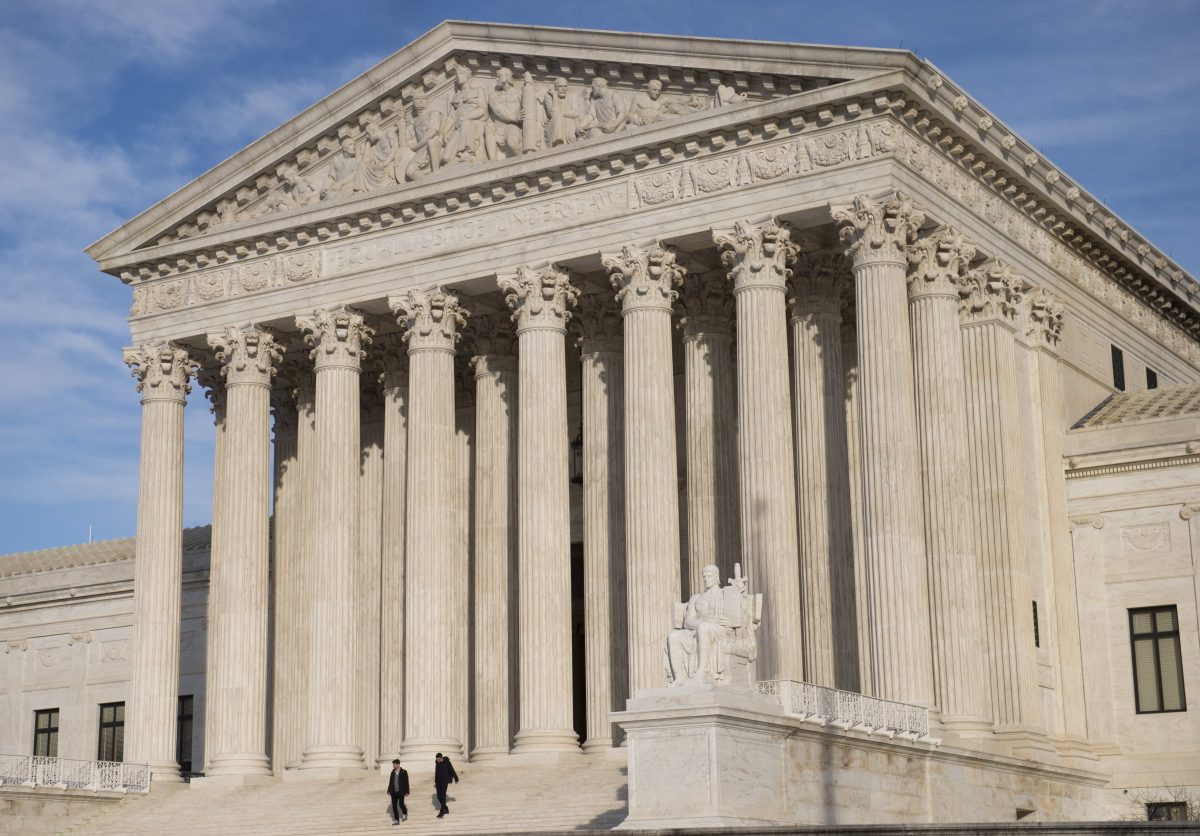
The Supreme Court ruled Tuesday in their much-anticipated decision in the case of NIFLA v. Becerra, where three non-profit organizations with religious affiliations sued over a California law that placed certain requirements on clinics that provide pregnancy-related services. The Court ruled in favor of the groups, reversing lower court decisions that upheld the requirements of the California Reproductive Freedom, Accountability, Comprehensive Care, and Transparency Act (FACT Act).
The FACT Act says that that licensed pregnancy-related clinics have to put out a notice informing people of the existence of publicly funded family-planning options, including abortion and contraception, and provide a phone number for patients to call. It also says that any unlicensed clinics have notices letting people know at their locations and in advertisements that they are not licensed by the State of California.
The National Institute of Family and Life Advocates (NIFLA), Pregnancy Care Center, and Fallbrook Pregnancy Resource Center all sued, claiming that these requirements in the FACT Act violate their First Amendment freedoms of speech and religion. They asked for a preliminary injunction to prevent the enforcement of the Act, but a District Court and the Ninth Circuit Court of Appeals both ruled against them.
In his opinion, Justice Clarence Thomas noted that content-based regulations of speech are “presumptively unconstitutional” and “may be justified only if the government proves that they are narrowly tailored to serve compelling state interests.” Thomas said that the requirement of a notice of the availability of services like abortion, which he noted is “the very practice that petitioners are devoted to opposing,” qualifies as a content-based regulation. As a result, he said, courts are required to apply the high standard of strict scrutiny. The lower courts erred, he said, because they went with a “lower level of scrutiny” that applies to “professional speech.”
Thomas said this was an incorrect way to evaluate the FACT Act, because content-based regulations need to be examined the same way, no matter if the speech is professional in nature or not.
As for the requirement for unlicensed centers to post notices disclosing that they aren’t licensed, Thomas said that “California has not demonstrated any justification for the unlicensed notice that is more than ‘purely hypothetical.'”
“The application of the unlicensed notice to advertisements demonstrates just how burdensome it is,” Thomas wrote, noting that it requires a “government-drafted statement” to be placed on “all ‘print and digital advertising materials’ by an unlicensed covered facility,” which in some cases, would drown out the message contained in the materials themselves.
As a result, Thomas said that it’s likely that NIFLA and the other groups will win their case on First Amendment grounds, so a preliminary injunction against the enforcement of the FACT Act is proper.
[Image via SAUL LOEB/AFP/Getty Images]
Have a tip we should know? [email protected]